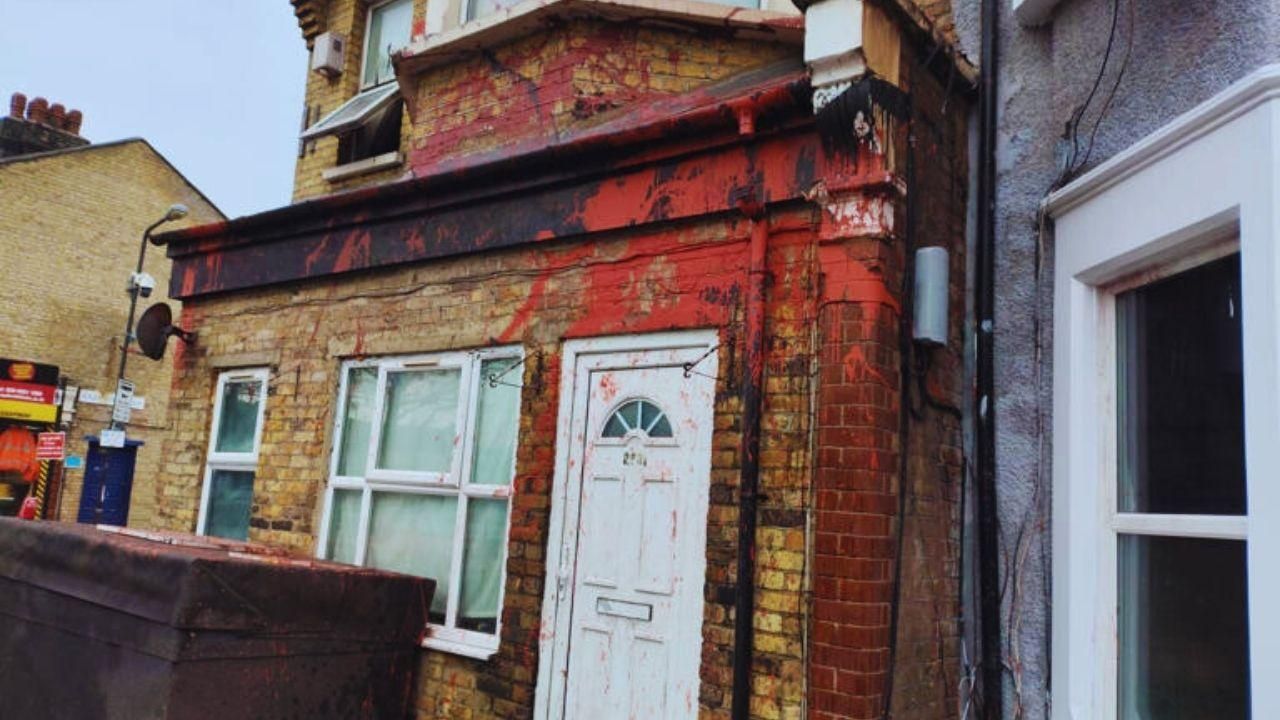As Ramadan nears its end, Saudi Arabia’s Ministry of Hajj and Umrah has introduced updated operational guidelines to ensure a smooth and spiritually enriching Umrah experience for the millions of pilgrims expected in Mecca during the last ten days of the holy month.
With crowd numbers at their peak, the Ministry has urged worshippers to follow strict organizational measures designed to maintain both safety and tranquility during the pilgrimage.
In an infographic released on Thursday, the Ministry advised pilgrims to obtain Umrah permits in advance and adhere to their assigned time slots to help manage congestion around the Grand Mosque.
To alleviate pressure on the Haram, visitors were encouraged to limit their Umrah to once during this period and to perform daily prayers at various mosques across Mecca.
The use of public transportation was strongly recommended to ease traffic congestion, while pilgrims were also advised to avoid blocking passageways and staircases to allow for the smooth movement of fellow worshippers.
Meanwhile, the General Authority for the Care of the Grand Mosque and the Prophet’s Mosque has intensified its preparations to accommodate the surge in pilgrims. A comprehensive service plan has been launched, covering sanitation, crowd management, environmental hygiene, and improved accessibility.
Thousands of staff members and specialized equipment have been deployed to maintain cleanliness, regulate crowds, and provide essential services such as Zamzam water distribution, perfumed prayer areas, and logistical support, including carts and escalators.
The authority reported that mosque cleaning operations have been optimized, enabling complete sanitation in just 35 minutes, with over 20 rounds of perfuming conducted daily using more than two kilograms of oud. Additionally, 428 escalators, 28 elevators, and over 1,300 electric speakers have been prepared, alongside cooling systems with an energy capacity of 90,000 tons.
Special attention has been given to elderly worshippers and individuals with disabilities, with dedicated prayer spaces, luggage storage facilities, and a 24/7 childcare center introduced to enhance comfort and accessibility.
Furthermore, new arrangements have been made for itikaf—a spiritual retreat observed during the last ten nights of Ramadan—while a unified digital platform for booking transportation has been introduced to improve pilgrim mobility across the city.



.jpeg)




.svg)


